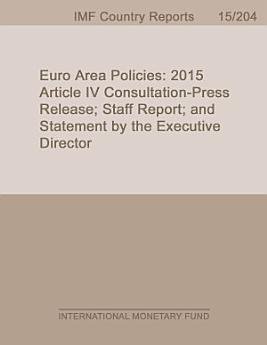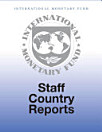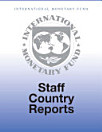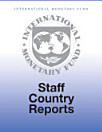Euro Area Policies: Staff Report for the 2015 Article IV Consultations with Member Countries
About this ebook
expanded asset purchase program. But the medium-term outlook remains weak, weighed down by the
legacies of insufficient demand, lagging productivity, and weak bank and corporate balance sheets.
Policies. A concerted, collective effort is needed to sustain the recovery, avoid overburdening
monetary policy, and lift potential growth over the medium term, which would have positive
spillovers for the rest of the world:
Demand support. Quantitative easing (QE) has boosted confidence and improved financial conditions.
The ECB’s clear communication to stay the course on QE until inflation is on a sustained adjustment
path will help anchor expectations. Countries should adhere to the SGP, but those with fiscal space
should use it to support investment and structural reforms.
Balance sheet repair. High non-performing loans (NPLs) in some banks are eroding profitability and
discouraging new lending. Complementary policies are needed to incentivize NPL resolution through
strengthened prudential supervision, insolvency reforms, and development of distressed debt
markets. Asset management companies (AMCs) could help banks to offload NPLs and assist with
corporate
restructuring.
Productivity-enhancing structural reforms. Labor and product market reforms
should be combined with faster implementation of the Services Directive, further improvements of
insolvency regimes, and a greater push toward a single market in capital, transport, energy, and
the digital economy. A capital markets union would help diversify funding sources and reduce
reliance on bank lending.
Better economic governance. A more effective and simpler governance framework, including a move towards "outcome-based" benchmarking, could help advance
structural reforms, while the fiscal framework could be simplified and strengthened.








